Raising Black Biracial Children in Japan
Embracing Their Roots Instead Of Hiding Them
Sometimes the biggest challenges we foresee for our children are the ones we’ve faced ourselves.
“You’ll have such cute babies!” My husband and I heard this from the moment we started dating. It was usually the first thing out of someone’s mouth as soon as they realized that my partner was Japanese. I couldn’t help wondering if people would be so excited about my future offspring if my partner were Black like me.
As it turns out, we did have really cute babies—but that’s not the point. Before I was even thinking about kids, I learned that there were already expectations for them based on their parents’ ethnicities. The weight of that expectation didn’t hit me until years later when I found myself pregnant and living in Japan.
The best laid plans
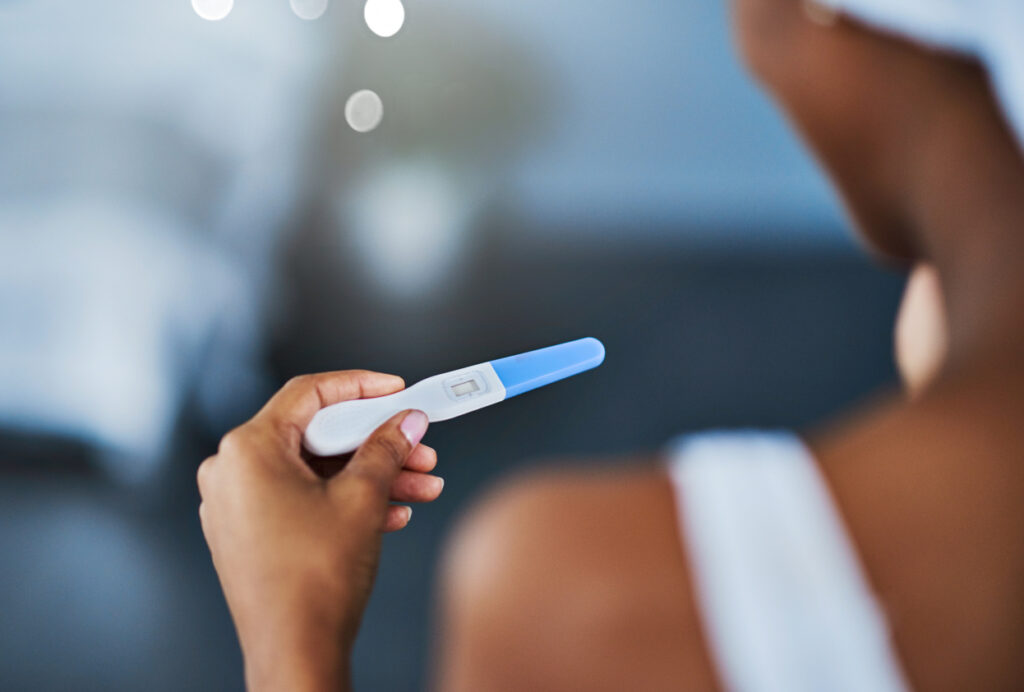 © Photo by iStock: Delmaine Donson
© Photo by iStock: Delmaine DonsonWhen my husband and I made the decision to leave the U.S. and move to Japan indefinitely, we had big plans. It was a great career move for us both and a good opportunity to enjoy everything Japan had to offer, just the two of us.
Life, however, had other big plans.
The week before I was set to fly out to Japan, I found out I was two weeks pregnant. I felt a mix of excitement, anxiety and complete disbelief about the timing. Life had taken a detour, but it was to someplace I wanted to go eventually, so I rolled with it.
What I didn’t anticipate were the mental obstacles along the way, ones that were much harder to get around than the actual obstacles of dealing with my first pregnancy in a foreign country.
Unchecked baggage
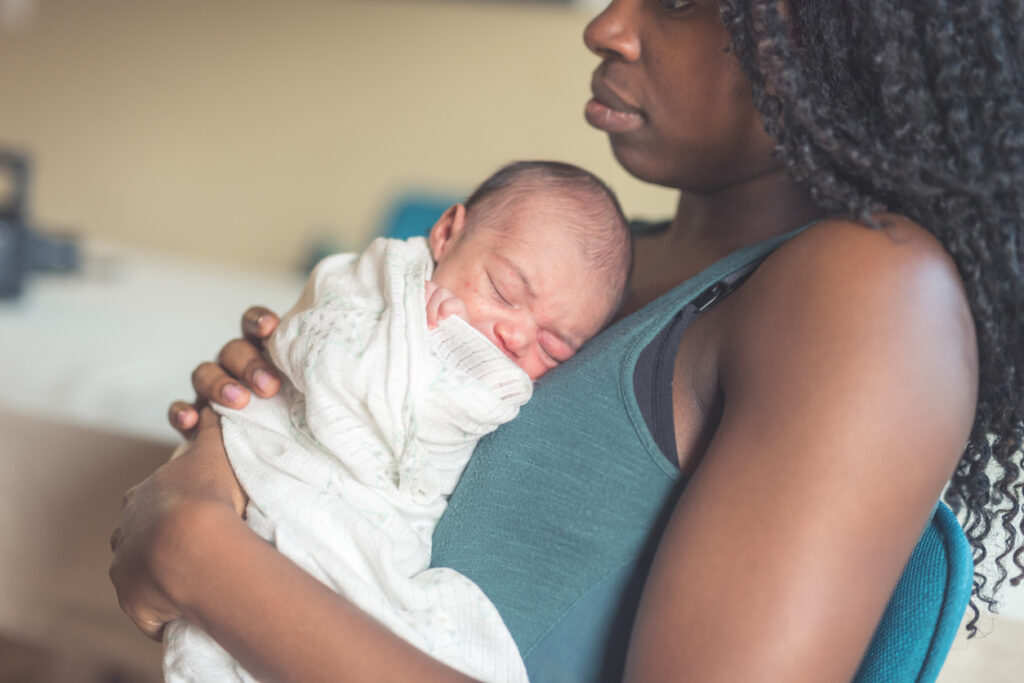 © Photo by iStock: FatCamera
© Photo by iStock: FatCameraOne day while waiting at my clinic, I looked around and was suddenly aware that not only was I having a baby, I was having a baby in Japan as a foreigner—specifically a Black foreigner. I’d remembered my own experiences being the only Black child in my first-grade class and the microaggressions or racism I’d experienced throughout life. I asked myself, “Is that what I’m getting my child into?” This was the beginning of the downward spiral of worst-case scenarios that I expected before my child was even born.
I’d carried my emotional baggage from the U.S. with me to Japan and handed it off to my kids.
Growing up in a predominantly white neighborhood, I was under a lot of pressure to not just be as good as my peers, but better. By the time my first child started preschool in Japan, I expected the same of her. I feared that any mishap would be blamed on her Black heritage. Non-minority parents of biracial children in Japan may have similar worries, but the difference was my frame of reference that was based on my own experiences. I’d carried my emotional baggage from the U.S. with me to Japan and handed it off to my kids.
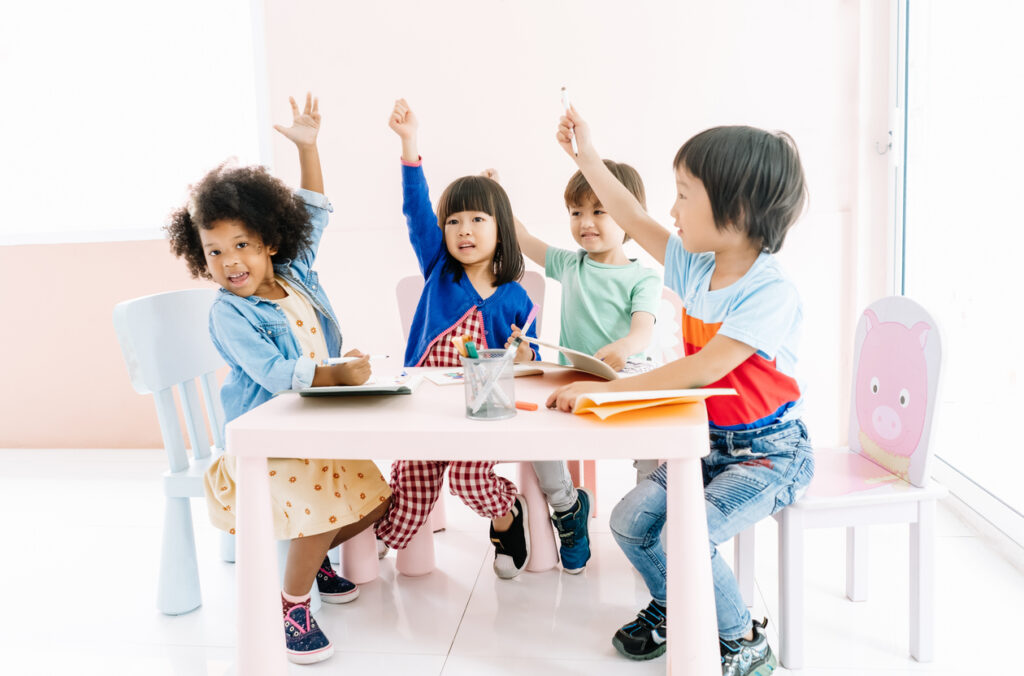 © Photo by iStock: zGel
© Photo by iStock: zGelAs a child, white adults often told me that I was articulate or very smart. To me, that was validation that I had reached some level of assimilation. I wasn’t like those “other” Black children. In a way, I was an exception by default because I was born in England and my mother had a British accent everyone loved. I didn’t realize it at the time, but this was a privilege. In Japan, foreigners from Western English-speaking countries often benefit from the same privilege. They are other, but the “good” other.
Now I understand that it wasn’t other Black people that my mother wanted to disassociate me from, it was from harmful stereotypes. Likewise, in the beginning, I gave my kids a hard time if they were too loud, rowdy or even if their voluminous natural curls were too messy after playing. When Japanese people praised my children, be it for their manners, fondness for white rice or ability to use chopsticks, I took it as validation that made them a part of Japanese society. I couldn’t accept any compliments on their unique attributes without seeing it as a subtle reminder that they did not fit in.
My, what long legs you have
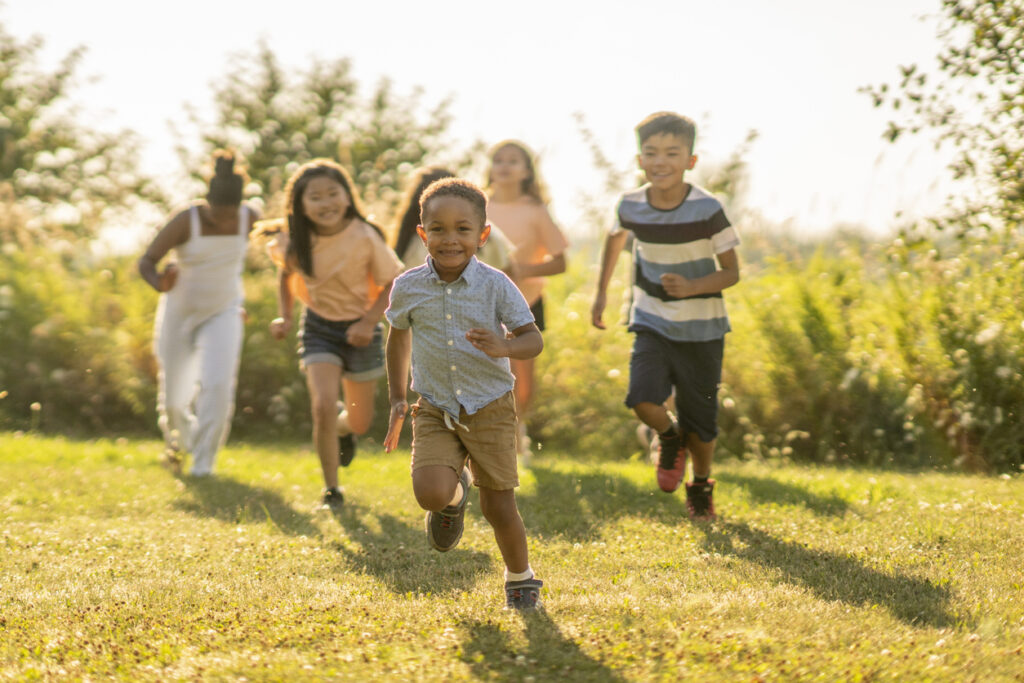 © Photo by iStock: FatCamera
© Photo by iStock: FatCameraThe moment my Japanese father-in-law suggested that my eldest do basketball or track because of her long legs, I shut that down. Nope. I wouldn’t have her be another Black biracial youth expected to be an athlete for a Japanese team. I completely disregarded the fact that my husband did both basketball and track throughout high school. When he mentioned it, my response was: “Well, that’s fine for you.” A flyer for a kid’s hip-hop dance class got another hard nope, even though I considered the one for ballet. In the end, she ended up going into soccer and piano.
It’s difficult to admit but it’s only recently that I realized what I was doing. I’d labeled my children before anyone else got the chance and set expectations that were only meant to debunk stereotypes. I’d made them ambassadors for Black children everywhere instead of letting them be kids.
By the time my second child was two, I’d finally eased off and the difference was remarkable. At three, she is your typical wild toddler full of confidence. My first kid, however, though only five, is a perfectionist. She’s well-mannered and sensitive, always aware of the people around her. I can’t ignore that the way I raised her in her first few years may have had this effect on her personality.
Breaking the cycle
 © Photo by iStock: Charday Penn
© Photo by iStock: Charday PennRaising kids is hard enough, but raising them in a foreign country while battling your own internalized prejudices is a lot. One thing that has helped me is community. It seems like an obvious resource, but the reason this is so important for me is that I actively became a part of online communities for the Black diaspora in Japan, be it other mothers, women or creatives.
Here are a few groups where you can connect with other Black individuals in Japan and find some community.
Organizations:
Facebook Groups:
For so long I’d been trying not to be “guilty” by association, but the community helped me realize that I wasn’t the only one carrying baggage. Going on playdates or having dinners with other Black mothers and their children in Japan has been good not just for me but for my own children who can learn to embrace their roots instead of hiding them.

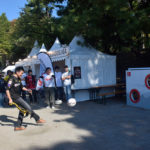
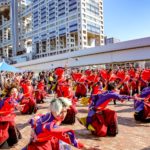
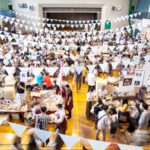



Leave a Reply